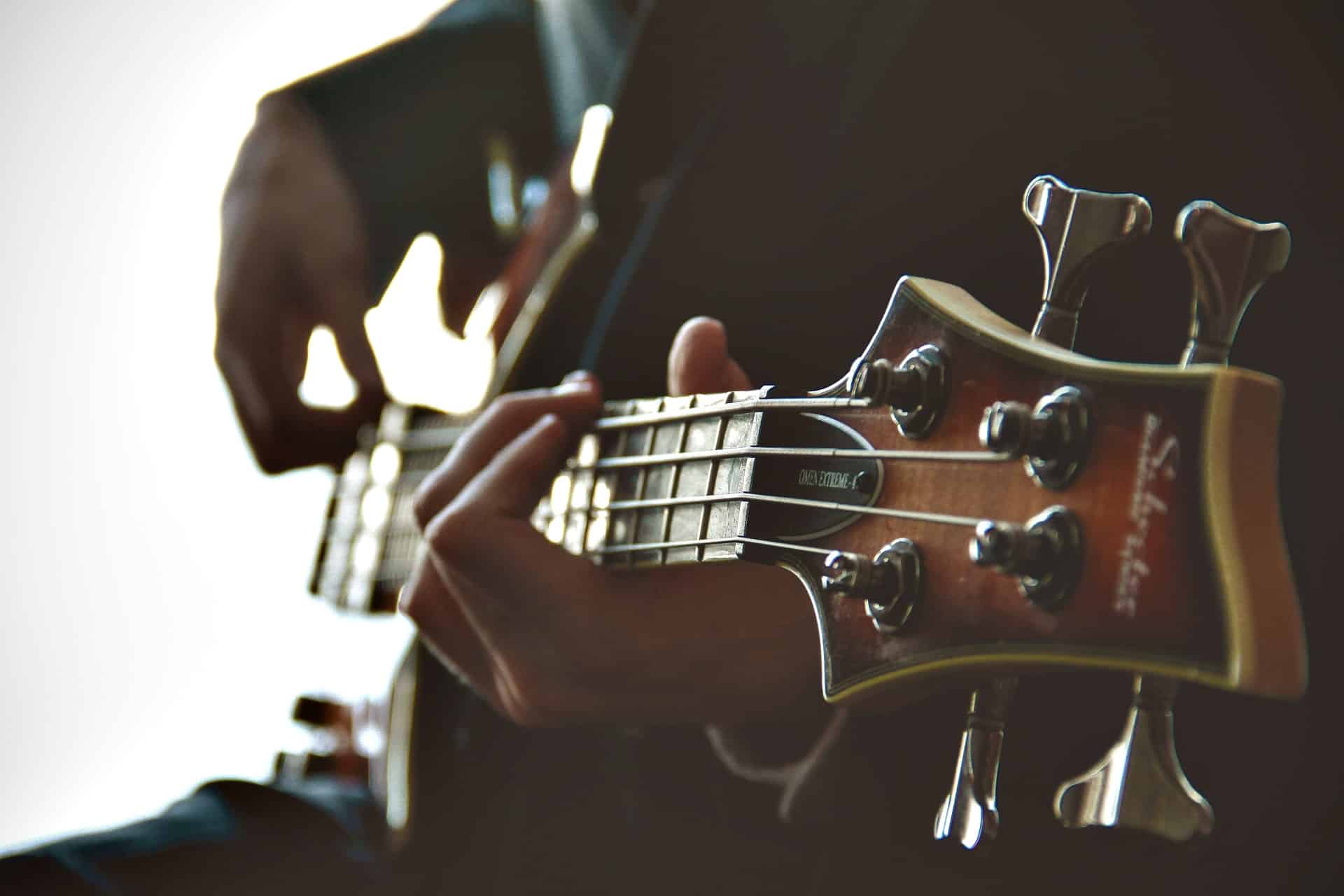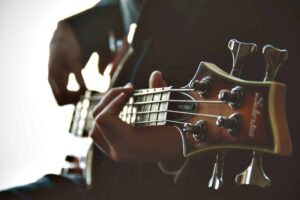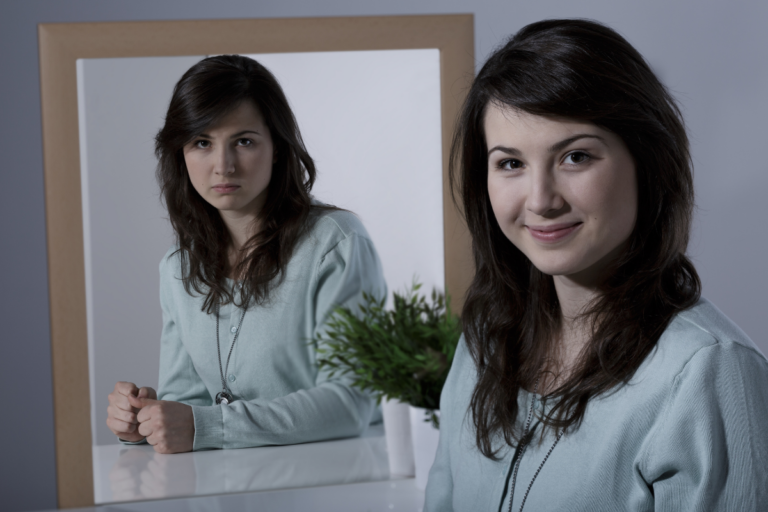

Music is a valuable therapeutic resource for both youth and adults with ADHD. It is also an art form and can be a positive boost to one’s mental health. In fact, scientific studies have proven the effects of music on the central nervous system and its multiple benefits for active listeners as well as performers. In this article, we discuss the benefits of music therapy for individuals with ADHD.
Music therapy to reduce ADHD symptoms
Music therapy is utilized as a therapeutic approach to treating ADHD patients. Music has the advantage of being a universal form of expression with a diverse style making it adaptable to different tastes, ages, and therapeutic objectives.

There are two types of music therapy.
Active music therapy: This type of therapy involves playing musical instruments or learning song lyrics. As its name indicates, the person has active participation in the stated music related activity. It is the most effective form of music therapy and can be carried out individually and in groups.
Passive music therapy: People do not actually perform music, but they listen to it. This type of therapy works as an activator to mobilize and engage the patient with specially developed activities and may act as a relaxant in times of stress.
How does music benefit patients with ADHD?

It is scientifically proven that listening to and/or playing music can increase new connections between the neural networks of the brain while strengthening pre-existing ones. Music can also help build self-confidence (i.e., achieving goals like improving self-esteem), reduce anxiety, and improve communication skills.
Let’s see how music improves ADHD symptoms.
Inattention
The interpretation of musical pieces with irregular rhythms is especially beneficial to increasing a person’s attention span. Irregular rhythms imply a certain level of difficulty which helps the patient to remain attentive until the entire musical piece is played.
Hyperactivity
Music therapy provides the stage to drain this “extra” energy in a structured context. In the long term, the person learns to channel their energy and increase their functionality in different areas of life.
Impulsivity
Music requires following a beat; the execution must be precise and in the right time. Active music therapy trains the person to wait, contain the impulse, and follow an order. Regarding passive music therapy, lively music (with or without lyrics) can be played initially as a prompt to engage the listener, followed by calmer music along with breathing exercises. This practice helps improve impulse control and regulate emotions.
Music therapy is a highly effective therapeutic intervention that should be directed by a mental health professional with certification and/or experience in music therapy.
Should you or a loved one be in need of mental health care, talk to your doctor about treatment or referral options or contact a mental health professional today.
Edited by: Sarah “Sally” Creekmore, PA-C
Animo Sano Psychiatry is open for patients in North Carolina and Georgia. If you’d like to schedule an appointment, please contact us.
Other Blog Posts in
Animo Sano Psychiatry is open for patients in North Carolina, Georgia and Tennessee. If you’d like to schedule an appointment, please contact us.
Get Access to Behavioral Health Care
Let’s take your first step towards. Press the button to get started. We’ll be back to you as soon as possible.ecovery, together.



